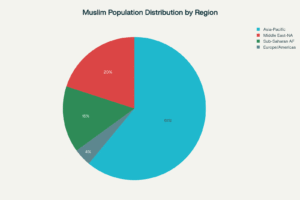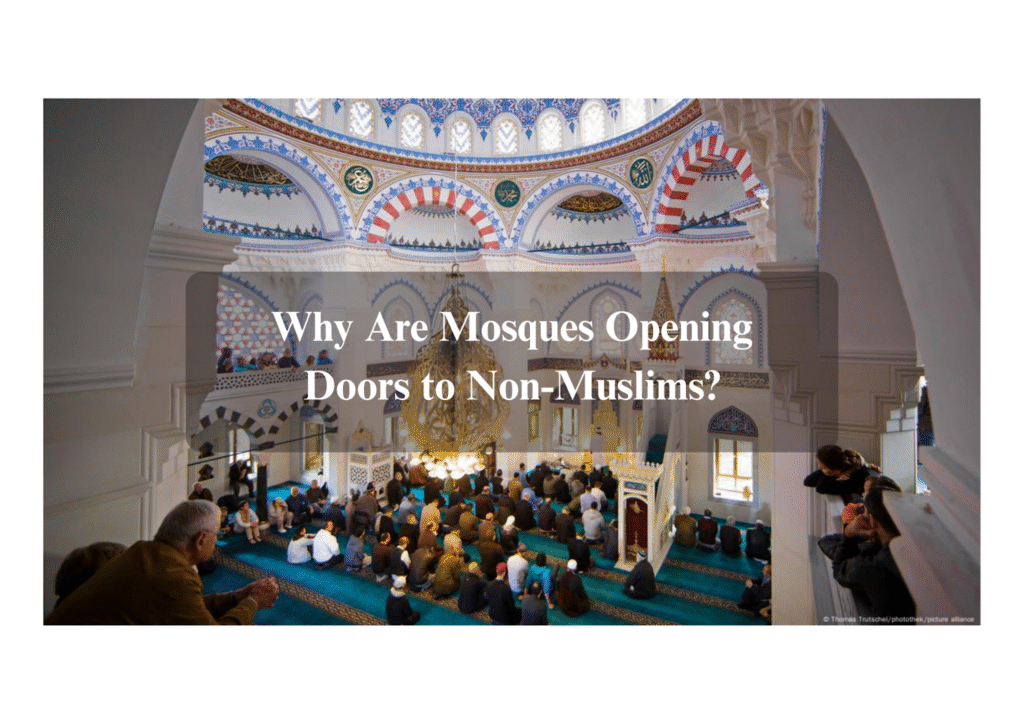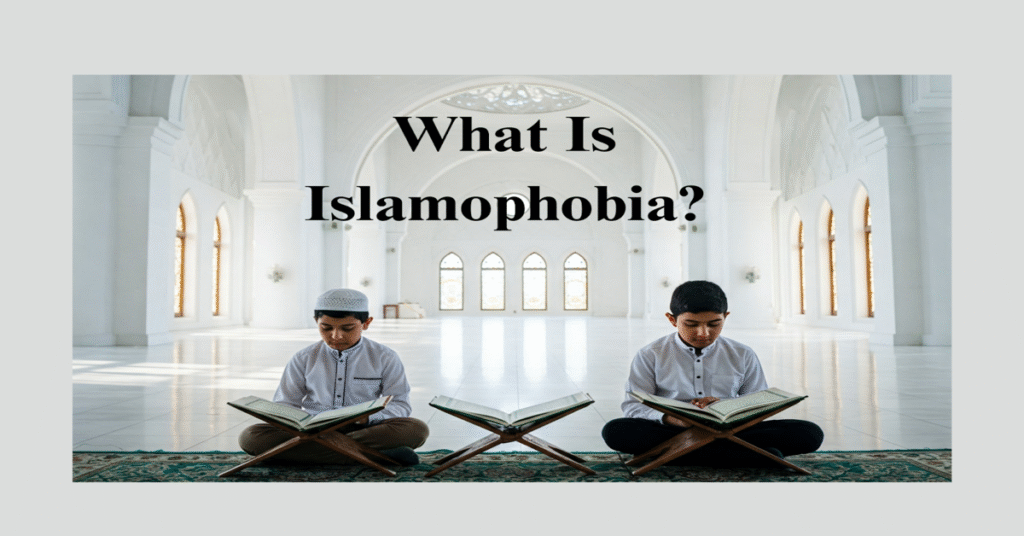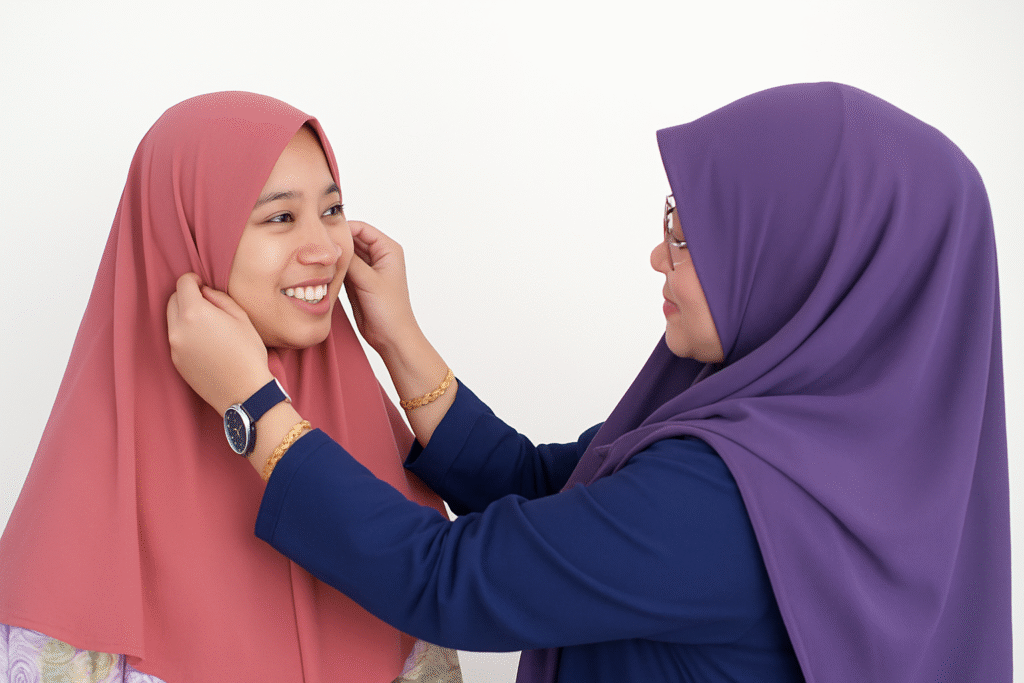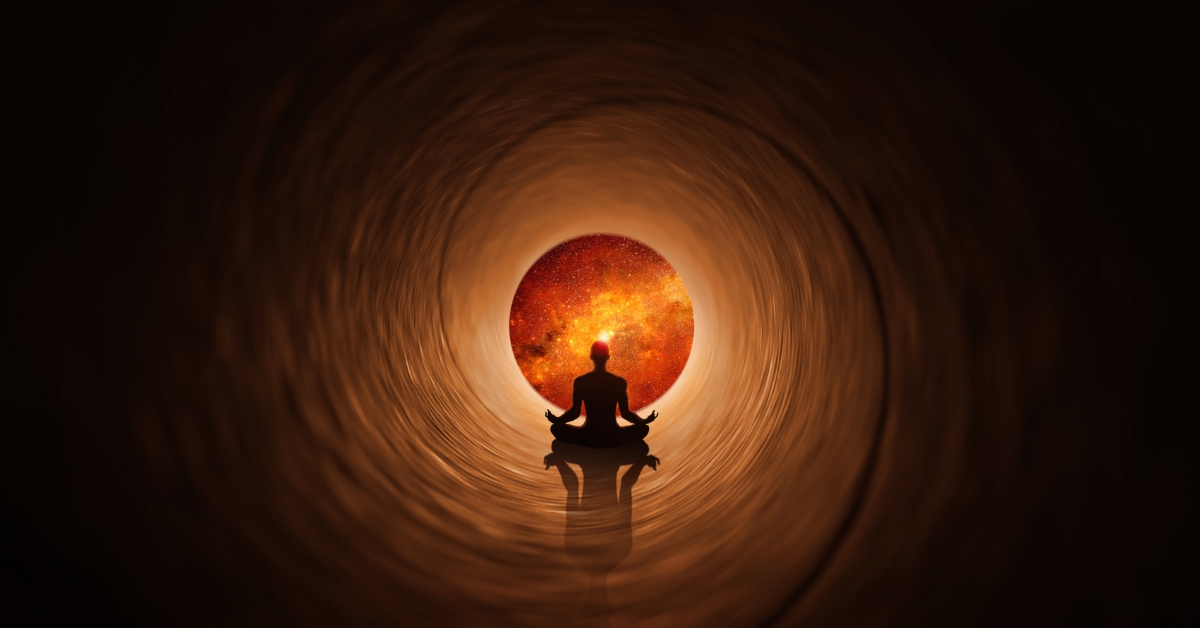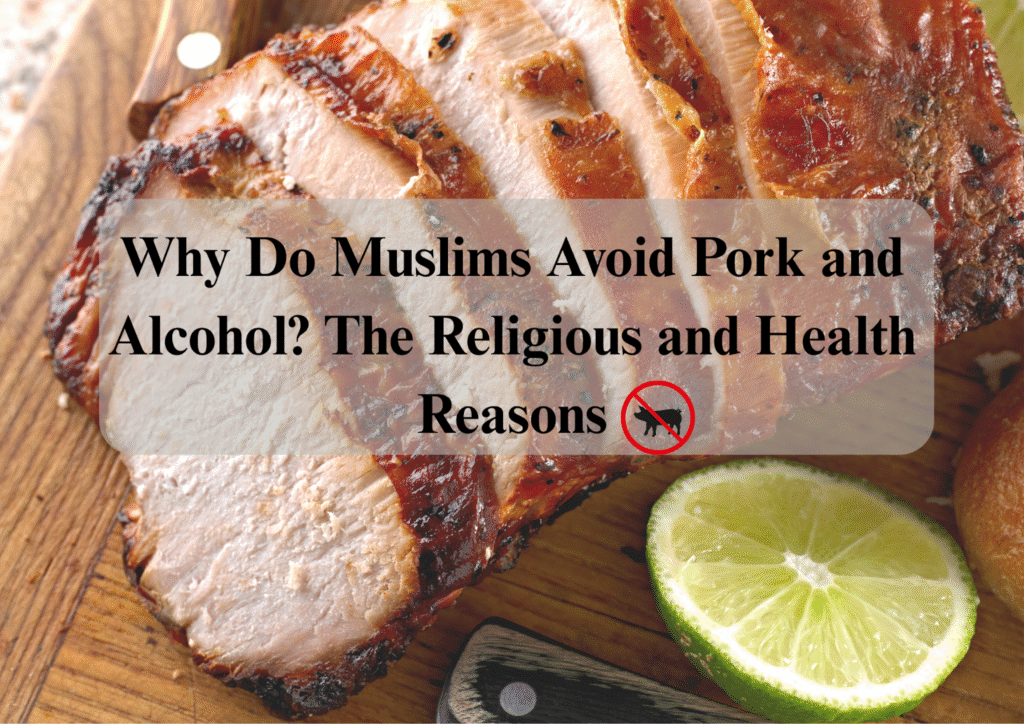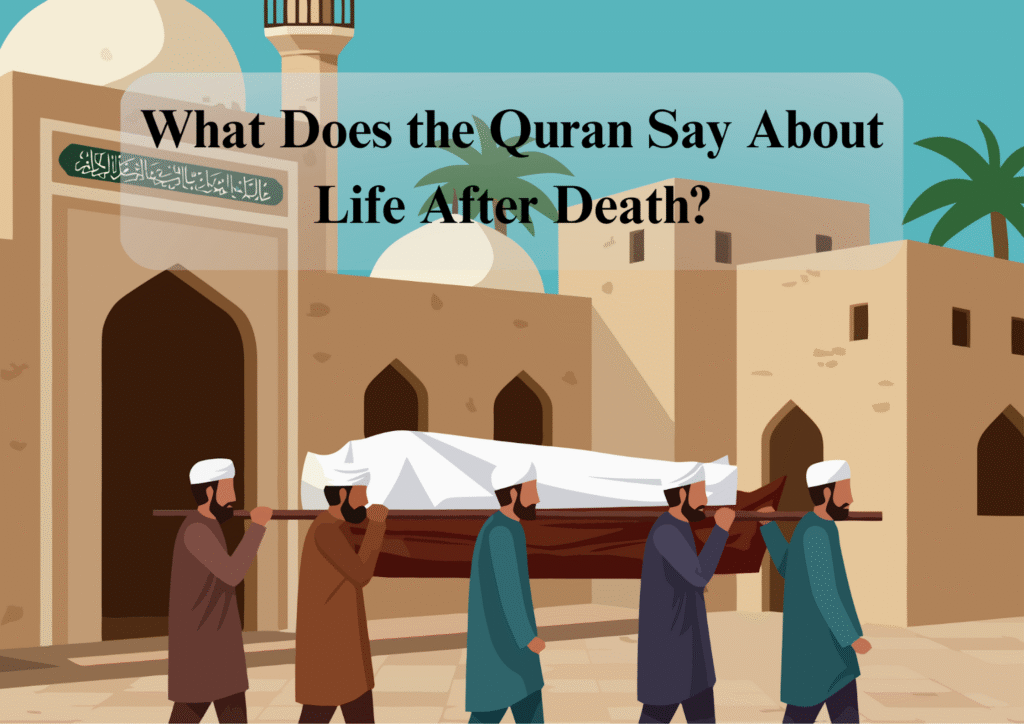When people talk about Muslims, a common misconception quickly surfaces: “All Muslims are Arabs.” This statement is not just inaccurate, but also overlooks the astounding ethnic diversity of Muslims around the world. Understanding this diversity is crucial for dispelling common misconceptions about Muslim ethnicity and appreciating the rich tapestry that makes up the global Muslim community.
Breaking Down the Myth: Muslims Not All Arabs
Let’s dive into this truth based concept that Muslims not all Arabs. Islam is a beautiful religion where there is no discrimination of the place you belong to, the caste you follow, the clothes you wear, the beauty or the colour of your skin, the language you speak,etc.. Instead it identifies the beauty of the soul which lies in following the path shown by our beloved Prophet Muhammad (peace be upon him) and leading our lives according to the principles of Allah which are mentioned in the Quran. The Muslims live to please none but Allah.
In fact, the vast majority of Muslims worldwide are non-Arab Muslims and they are also practicing Muslims. While Islam originated in the Arabian Peninsula, it swiftly spread across continents, cultures, and ethnicities, creating a vibrant mosaic of believers.
Prophet Muhammad’s Teachings on Diversity
The Prophet Muhammad (peace be upon him) emphasized ethnic equality and brotherhood. In his final sermon, he affirmed:
“All mankind is from Adam and Eve. An Arab has no superiority over a non-Arab, nor does a non-Arab have any superiority over an Arab; a white has no superiority over a black, nor does a black have any superiority over a white; except by piety and good action.”
From the beginning, Islam has fostered unity while honoring diversity in Islam, a principle underscored by the Quran:
“O humanity! Indeed, We created you from a male and a female, and made you into peoples and tribes so that you may get to know one another. Surely the most noble of you in the sight of Allah is the most righteous among you. Allah is truly All-Knowing, All-Aware.”
(Quran 49:13)
The Reality: Ethnic Diversity of Muslims
Who Are Non-Arab Muslims?
Some of the world’s largest Muslim populations are in countries far from the Arab world:
- Indonesia: The largest Muslim country, with over 230 million Muslims.
- Pakistan and India: Combined, home to more than 400 million Muslims.
- Bangladesh, Nigeria, and Turkey: Each with tens of millions of Muslims.
- Iran, Malaysia, China’s Hui and Uighur populations, Central Asia, and the Balkans: All represent major hubs of non-Arabs yet Muslims.
Islam by Country- More Than Arab Identity
This ethnic diversity is also reflected in Muslim cultures — from the batik art of Indonesia, the Ottoman mosques of Turkey and their carpet weaving, to the vibrant clothing of West African Muslims. The cultural diversity in Islam goes far beyond the traditional imagery of Arab countries.
Muslim Cultures- Unity in Diversity
Diverse Cultural Practices
Islam is a global faith with local expressions. From fasting in Ramadan with breaking of fast (iftar) dishes unique to each region, to the celebration of the Eid festivals with assorted customs, the cultural Islam practices by non-Arabs showcase local flavors and traditions while adhering to a core set of beliefs.
Language in Faith
While Arabic is the liturgical language of the Quran, the everyday language and traditions of most Muslims are not Arabic. Quranic teachings, however, always remind the faithful that what matters most is spirituality, good deeds and Taqwa, not ethnic or linguistic origin.
Misconceptions about Muslim Ethnicity
The confusion between Arab and Muslim often leads to stereotypes and misunderstanding. While every Arabs are not only Muslims (many Arabs are Christians, Druze, or of other faiths), and every Muslim is certainly not Arab. This misconception is mostly spread through media portrayals that focus on the Arab world more, ignoring the vast presence of non-Arab Muslims all over the World.
Arab vs Muslim Identity
Understanding “Arab vs Muslim identity” helps clarify the real global reach and inclusivity of Islam. The global Muslim community (ummah) values piety and righteousness over race or ethnicity, a core lesson both in the Quran and the teachings of Prophet Muhammad.
Islam’s Message: Celebrate Diversity
The Quranic verse cited earlier champions the idea that diversity in Islam is of divine nature, to encourage curiosity, compassion, and understanding.
“The most honored of you in the sight of Allah is (he who is) the most righteous of you.”
(Quran 49:13, continued)
This forms an essential part of the ethnic diversity of Muslims, challenging any notion of ethnic superiority.
Embracing the True Spirit of Unity and Diversity
The idea that all Muslims are Arabs is not only incorrect but also dismisses the beautiful ethnic and cultural diversity that defines the global Muslim community.Islam is widely spreading religion because of its spectacular logical reasoning behind every practice of Muslims as per the path of our Prophet and the advice/ the message that Allah has sent us through Quran, which possesses every solution be it in the present or be it the prediction of the future as how the World would be tomorrow, or be it on the day of Judgement. The teachings of Islam, both in the Quran and the words of the Prophet Muhammad, highlight the value of knowing, respecting, and embracing this diversity. There is no such recognition as Islam by country, Islam is not limited to any country it has its reach vast spread.
Can someone be Muslim and not speak Arabic?
Yes. Most non-Arab Muslims do not speak Arabic as their first language. Islam emphasizes faith and good actions, not ethnicity or language.
What are some examples of Muslim cultures outside the Arab world?
Examples include Indonesian batik traditions, Turkish calligraphy, Nigerian Eid celebrations, and Indian Mughal architecture.
What does the Quran say about ethnic diversity?
The Quran encourages recognizing and appreciating diversity, stating that nations and tribes exist “so that you may know one another” (Quran 49:13).
Are all Arabs Muslims?
No. While Islam is the largest religion among Arabs, there are many Christian, Druze, and other religious communities in the Arab world.
Why do people confuse Arabs with Muslims?
This is often due to historical roots of Islam in Arabia and limited exposure to the cultural diversity of Muslims.


